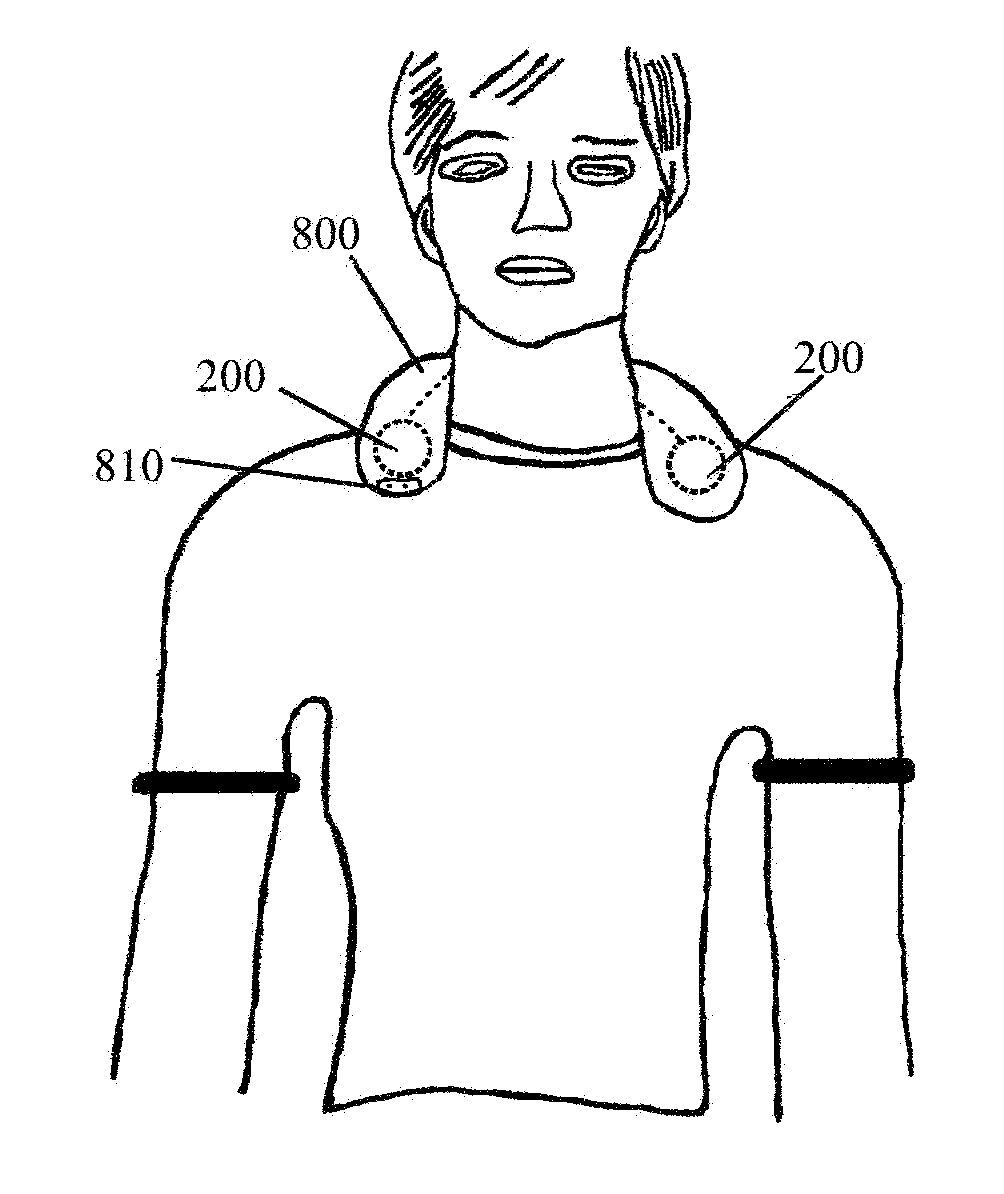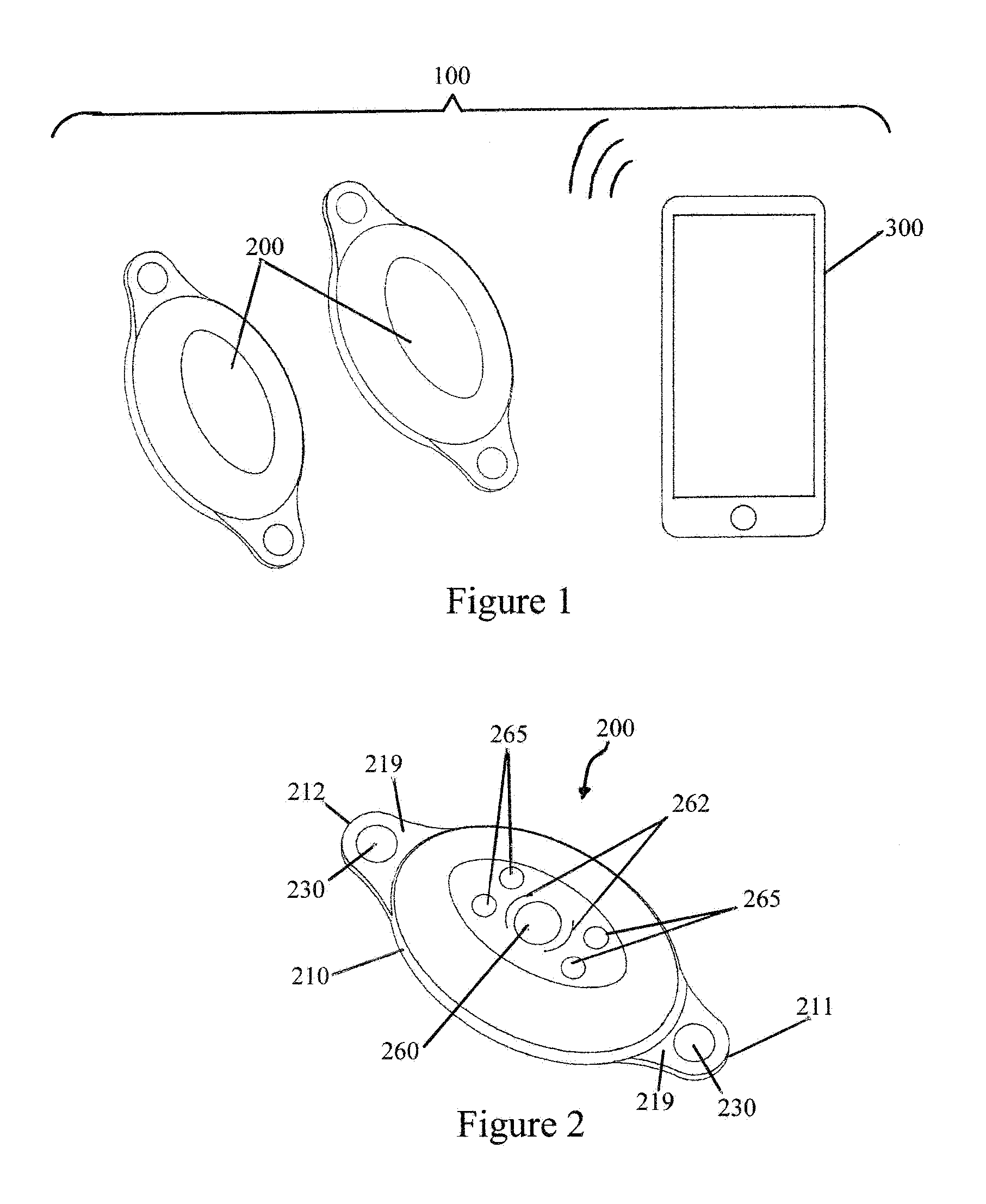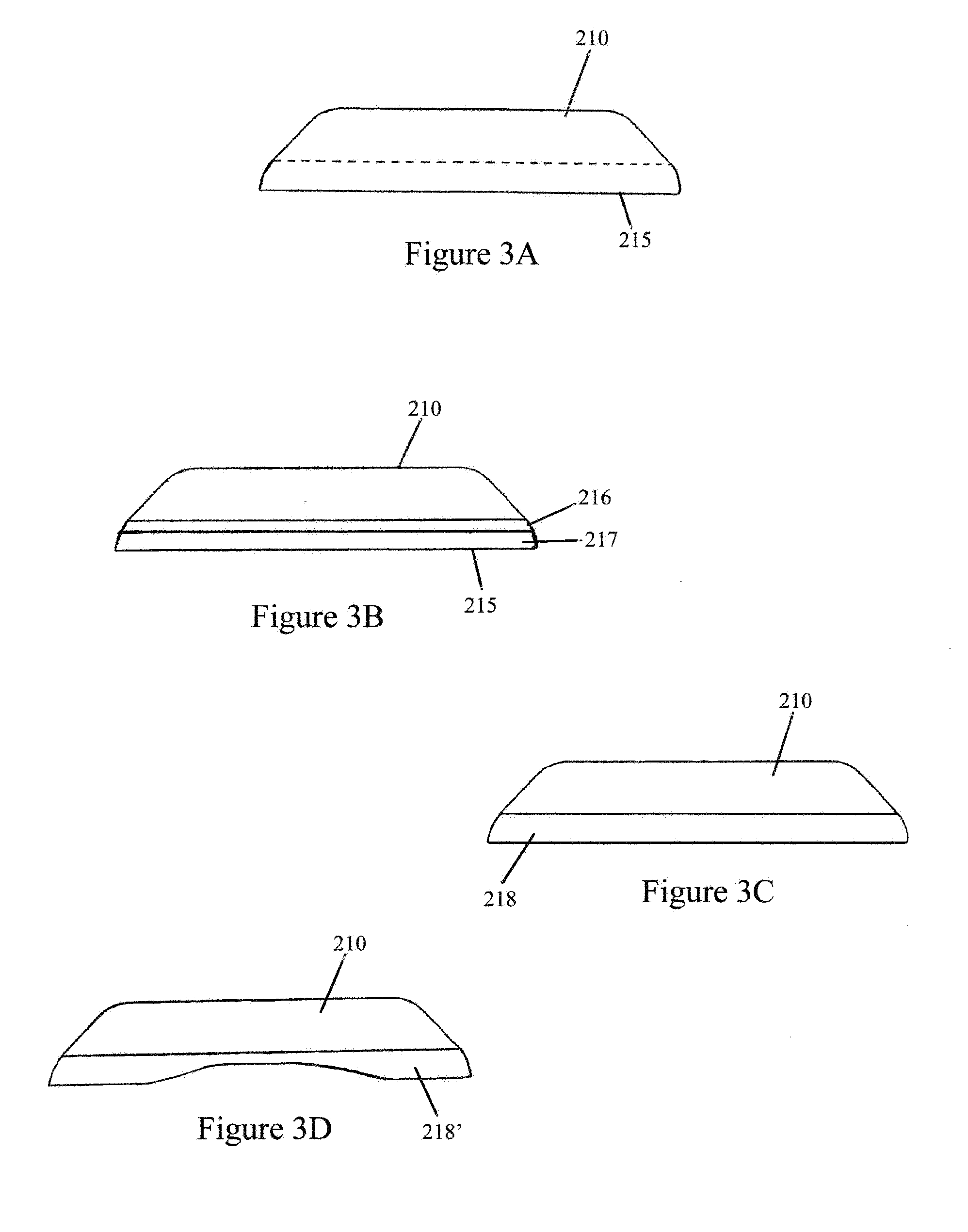Hypertension, or high blood pressure, affects millions of people every day and is a serious
health hazard.
The ABR
system also performs an essential function to regulate blood pressure during exercise, wherein during exercise your
heart rate increases as well as your blood pressure, however, at a certain point during exercise the ABR will intervene, allowing the
heart rate to further increase but not allowing the blood pressure to further increase.
However, the use of pharmaceutical products is not without their risks.
Many of these products carry severe warnings of potential side effects.
Additionally, each patient may respond differently to the products, therefore multiple
office visits may be required before the right dosage and type of pharmaceutical products are selected, which leads to greater health care costs.
Further still there are a number of patients who either do not respond to medication, refuse to take medication, or over time the medication no longer provides a
therapeutic effect.
However, these devices are relatively new or are still under development and have not been proven over a long period of time.
Also, since the device is a
permanent implant, there is always the possibility of complications during the implantation process or infections related to the implantation.
If the nerves are severed, then the device will not function properly and may lead to long term health complications for the patient.
However, even more troubling is that the patient has now permanently lost a baroreceptor for controlling blood pressure naturally, which may lead to complications later, which are currently unknown.
Additionally, the
implant device requires regular battery replacement, which to do so requires another invasive surgical procedure.
Similar to the device and procedure described above, this device permanently causes a disconnection between the chemoreceptors and the
nervous system / brain.
The long term effects are unknown, additionally, other nerves maybe destroyed or disconnected during the procedure which may lead to other side effects.
This may be concerning as now these patients have had their renal arteries permanently disconnected from their kidneys, which may lead to long term effects which are unknown at this time.
Additionally, the costs associated with an invasive
medical procedure are not insignificant, only to prove that the procedure had no effect, thus, instead of potentially lowering the
cost of treatment for these patients, the cost of treating their hypertension was significantly added to.
Additionally, long term effects of the procedure are also unknown.
Without such a
nervous system, we wouldn't be able to feel our feet hitting the floor when we walked, we wouldn't sense when something sharp
cut us, and we wouldn't feel the warmth of the sun on our
skin.
When you are in the sun, the
melanin builds up to increase its protective properties, which also causes the
skin to darken.
However, rapidly adapting receptors can't sense the
continuation and duration of a stimulus touching the
skin (how long the skin is touching an object).
These receptors are very good at sensing the continuous pressure of an object touching or indenting the skin but are not very good at sensing when the stimulus started or ended.
Without proprioceptors, we would not be able to do fundamental things such as feeding or clothing ourselves.
Lastly, while there are number of different therapies available on the market and new therapies emerging, there are patient populations that cannot be treated through the use of the existing drugs or devices.
Health care practitioners are generally hesitant to prescribed pharmaceutical products in these situations as there may be unknown side effects to the mother and unborn child.
Furthermore, many hypertensive pharmaceutical products have not been properly tested for use during
pregnancy; therefore, there is much hesitancy on behalf of the prescribing physician to use such
drug products due to potential untested side-effects as well as potential litigation arising from a side-effect.
Therefore, the use of permanent therapies, such as renal
denervation, may not be warranted in this situation.
Many of the currently available pharmaceutical products have not been tested on an adolescent
population, therefore, as described above, many physicians are hesitant to prescribe
drug therapies due to unknown side effects or long term effects they may have.
Furthermore, the adolescent
population poses yet another difficulty in that they are still developing and undergoing puberty and
bone growth.
 Login to View More
Login to View More  Login to View More
Login to View More 


